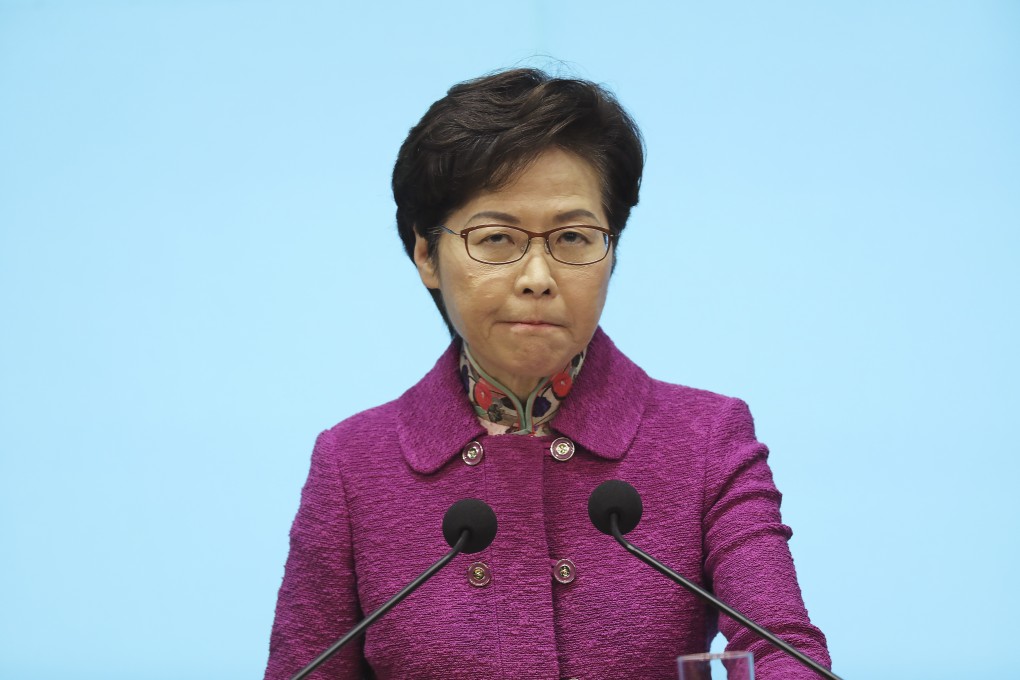My Take | Carrie Lam must take this chance to redeem herself
- Following last year’s political disaster and the intervention by Beijing that followed, Hong Kong’s leader should now show her strengths as an administrator and push on with her policy address pledges

Carrie Lam Cheng Yuet-ngor’s strength has always been that of an administrator, not of a political leader. She was ill-suited to deal with the unprecedented political unrest and crisis of last year, especially the great power politics into which Hong Kong has been drawn between China and the United States.
Now that the central government has effectively taken over the most politically sensitive problems and national security issues facing Hong Kong, she can focus on what she does best. And that’s exactly what her latest policy address, delayed for almost two months, aims to do.
While she speaks bravely about restoring the city’s constitutional order and closing a “gaping hole” in China’s national security, what her policy address promises to do about that is to expand public education during the annual National Constitution Day and National Security Education Day.
Let’s face it, the central government will now supervise the city’s handling of national security cases while its local representatives will do all the heavy lifting. That is just as it should be.

04:47
Hong Kong leader Carrie Lam delivers 2020 policy address
It’s a no-brainer for Hong Kong to speed up the city’s integration with the rest of the country, particularly as a big part of the Greater Bay Area growth engine.
That had been obvious even when David Wilson was governor; only the city’s decades-long fractious politics has distracted many Hong Kong people from that fundamental economic reality.
